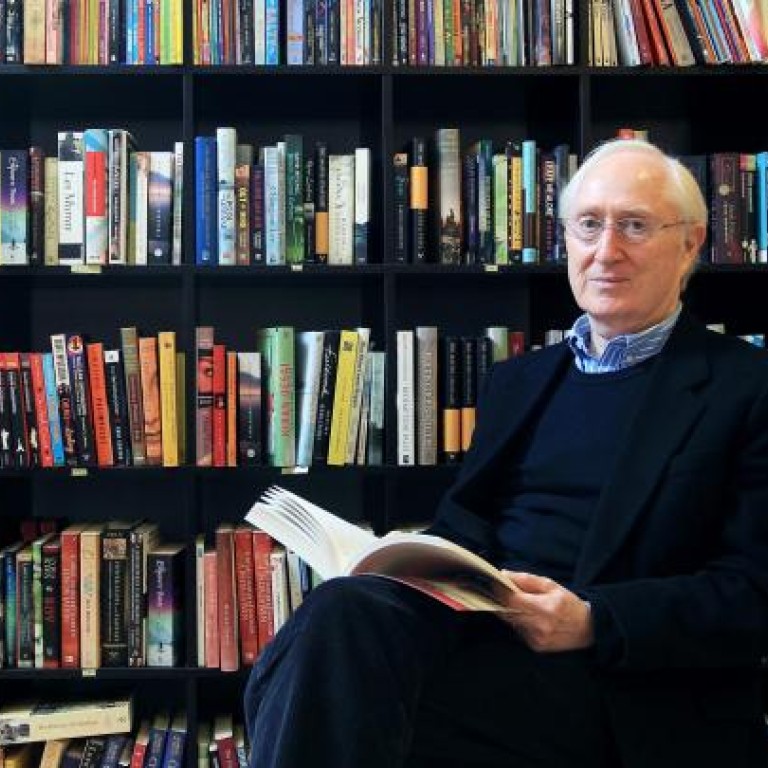
Man Asian Literary Prize puts Asian writers in the world spotlight
Professor David Parker, chair of the Man Asian Literary Prize's board of directors, says its mission is to bring the best of Asian literature to the world, and that includes Asia.
The Man Asian Literary Prize has a huge impact. Writers are thrust into the spotlight, small publishers get a look in, and bookshops see a spike in sales. Then there are the readers. The prize enables international and Asian readers to discover Asian writers.
Professor David Parker, chair of the prize's board of directors, says its mission is to bring the best of Asian literature to the world, and that includes Asia.
"I think Asia becoming conscious of being Asia is only just beginning to happen. The Chinese are becoming interested in India, and Indians are becoming interested in China and that is being reflected in publications," says Parker.
Chinese writer Bi Feiyu won the 2010 prize with . The book had already been translated into English and published in the US and Britain. But its award inspired an Indian edition because of the interest in the writer. Literary critic Maya Jaggi, who chaired this year's panel of judges, compares the current moment in Asian literature to the 1960s and '70s, when books by Latin American writers were being published in Spain and then re-exported to Latin America.
"That was the first time Latin Americans were reading each others' literature, and that had a huge influence on future generations of writers," says Jaggi.
Many bookshops promote the long and shortlisted authors, and give a big push to the winner. In Hong Kong, Dymocks does a lot of in-store publicity and features the writers in its newsletter.
"I would say there is an uplift in sales. The profile of the prize grows each year and we expect that at some point it will reach the same level as the Man Booker Prize," says Matt Steele, manager of retail operations at Dymocks.
Winning the prize boosts a writer's reputation and the national literary culture. Shin Kyung-sook, who won the 2011 prize with was popular in South Korea and winning helped the country's other writers. Its success prompted the government to have more books translated into English, says Parker. "That is significant because up until then there were only two or three novels a year being translated into English in South Korea."
The prize has even inspired a shadow jury of four bloggers, two in Britain and two in Australia, who pick their winner two days before the official announcement.

